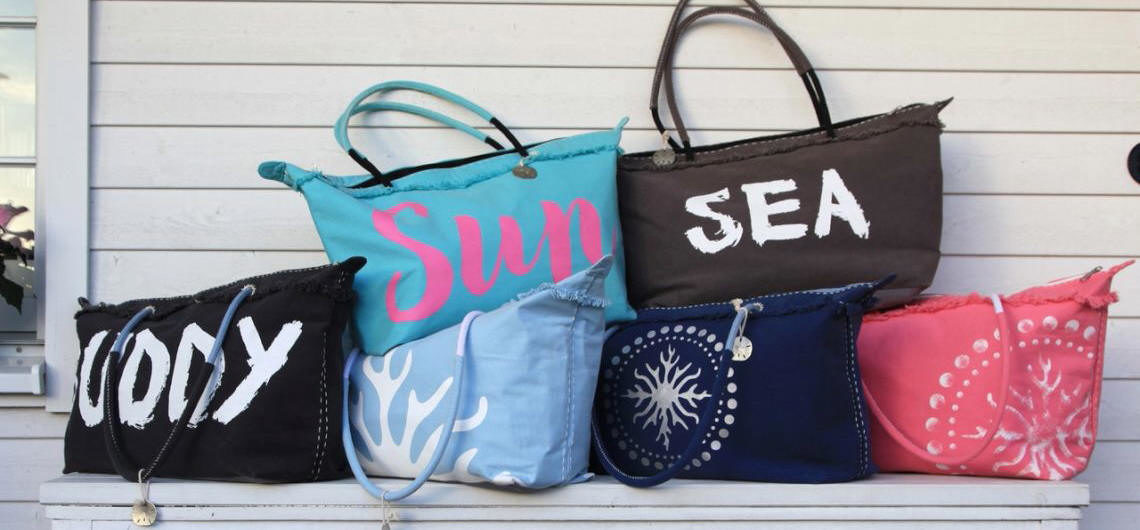The use, manufacture and importation of all (single-use) plastic bags are banned in Kenya since Aug 28, 2017. This means that all plastic carrier bags – regardless of their thickness or color – used as secondary packages are prohibited.
The only exemptions are industrial primary packaging and bags that are clearly labeled. Plastic sheets (used for construction, greenhouses, covering, etc.), cling film/ stretch films used for wrappings and bopp self-adhesive tapes, but they should be recycled and their use should be limited as well.
Alternatives that can be used (according to the law):
- All bags made of non-plastic materials, e.g. jute/sisal bags, cloth bags, papyrus bags, canvas bags and buyers/shoppers own shopping bags
- Woven polypropylene plastic bags (gunny bags)
- Non-woven polypropylene plastic bags (cloth like bags)
- Laminated polypropylene bags
- Polyolefin fibre bags
Penalty in case of breaching the ban: min. 2 – max. 4 million Kenyan shillings (20-40 thousands US dollar) or 1-4 years in prison. (No differentiation between users, manufacturers and importers. However the main aim is to limit the production and importation of plastic bags, so natural persons – who are not shopkeepers or sellers – have been not fined so far.)
How it all effects the travellers?
- Do not come with any kind of plastic bags from your home country (neither used for packing your cloths, shoes or toiletries, nor for carrying food during your journey).
- Leave plastic bags from duty free shops behind or dispose them as you arrive to the Kenyan border.
- Ziplock bags (for small containers of liquids): officially they are also banned, but so far it is not being checked or taken away at the border.
- Big size, reusable ziplock bags (for packing your cloths/shoes in your luggage) are also tolerated.
Alternatives you can use for packing:
- Paper: you can put your shoes – or other stuffs you don’t want to put in your luggage without wrapping – in newspaper, paper bag or wrapping paper.
- Canvas or cloths bag: for wrapping your cloths or shoes or to have a bag for shopping in the country. Recycled bags – e.g. from old T-shirts and jeans are the best – most environmental friendly – options).
- Laundry bags or bags from recycled veil/net: for putting your shoes or clothes.
- Cloths or beewax napkin: for sandwiches or other food.
- Containers made of plastic or metal: for food, toiletries or other small stuff (e.g. chargers) (if you use a plastic container, please have a good quality, durable one).
- Waterproof beauty case: for your toiletries or other liquids.
- Biodegradable plastic bags: for cosmetics and liquids – only if use of plastic bags are unavoidable and it should clearly state in English, that the bag is biodegradable. (Biodegradable plastic bags proved to biodegrade only in certain – industrial composting – circumstances and in many cases they do not biodegrade at all but fall in small/micro pieces that are even more harmful for wildlife. So we recommend you to avoid using them as an alternative unless it is really necessary.)
- Cling film/stretch film: as these are not banned, you can also use them for wrapping food or even toiletries. (As cling/stretch film is as harmful for the environment as the plastic bags, we recommend you not to use them as an alternative unless no other way.)
If you want a fancy bag for your stay in Kenya (and to go home with it) you can buy a handmade yarn bag from our friend, Margaret. Margaret is the founder of Cheerful Special Home in Karatina, a home and school for physically and mentally disabled children. She is making the bags to earn some money to support the kids and the expenses of the home.
It is a great bag for the beach or for shopping! So if you do not have a bag you can use, you can pre-order a bag from us in green, blue, pink, burgundy and brown colour with different patterns. Cost of the bag is 25 USD and you can get it from your driver on the first day of your tour. If you are interested please contact us.

